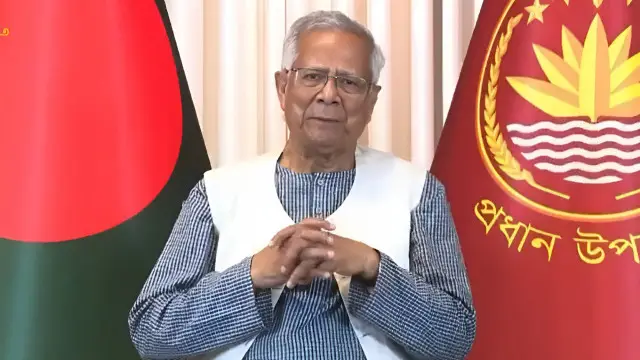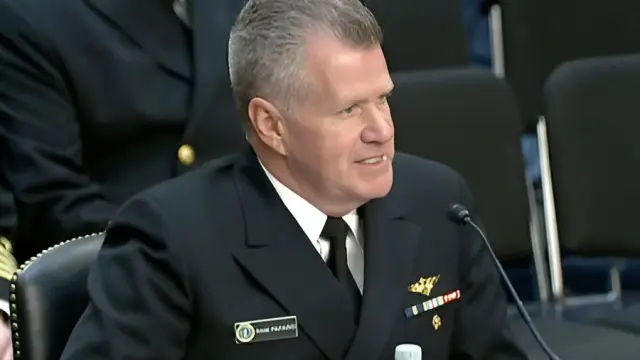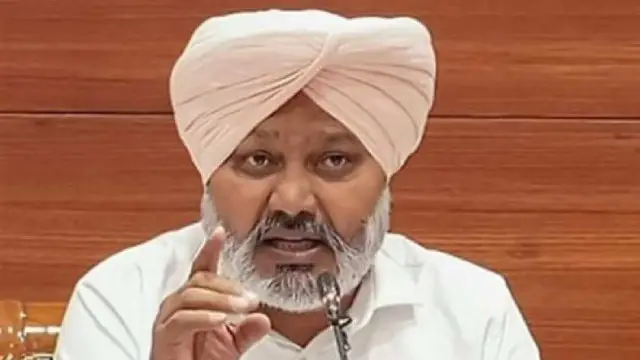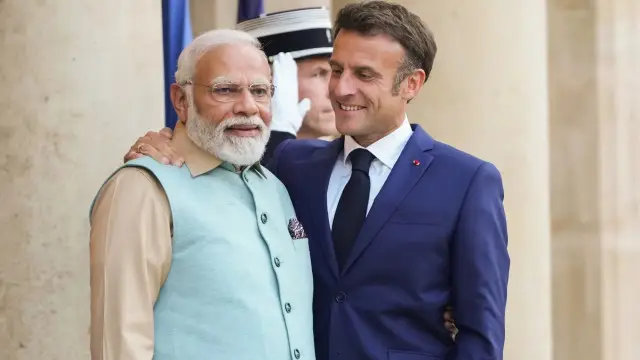Trump Backs 500% Tariff on India, China for Russian Oil Purchases
In a bid to isolate Russia and pressure it into peace talks over Ukraine, US Senator Lindsey Graham has introduced a bill imposing a 500% tariff on nations trading with Russia, particularly focusing on India and China for their significant oil imports.

International News: The United States has ramped up its economic campaign against Russia, signaling a tougher stance on nations engaging in trade with Moscow. A new bill introduced by US Senator Lindsey Graham proposes a staggering 500% tariff on countries purchasing Russian oil, gas, and other commodities. The legislation, which has garnered support from President Donald Trump, specifically targets major buyers like India and China, who have significantly increased their imports of Russian oil since the onset of the Ukraine conflict.
Aiming to Cripple Russia’s Economy
The proposed tariff is designed to starve Russia’s war machine by cutting off its primary revenue source—energy exports. India and China, which together account for a substantial portion of Russia’s oil market, have been flagged for their continued trade despite Western sanctions. Graham’s bill argues that imposing hefty tariffs will pressure these nations to reconsider their economic ties with Russia, thereby weakening Moscow’s ability to fund its military operations. Trump’s endorsement has added significant weight, with the former president emphasizing the need to isolate Russia economically.
Implications for Global Trade
The bill, if passed, could have far-reaching consequences for international trade. India and China, both major global economies, may face difficult choices between affordable Russian energy and maintaining favorable trade relations with the US. The proposed 500% tariff could disrupt supply chains, inflate energy costs, and strain diplomatic ties. Critics argue that such measures risk alienating key allies, while supporters believe the tariffs are a necessary step to enforce global accountability and push for peace in Ukraine.
Navigating a Complex Future
India and China have yet to respond officially, but the prospect of punitive tariffs could prompt a reevaluation of their trade policies. Meanwhile, the US is signaling its unwavering commitment to countering Russia’s influence, even at the cost of economic tensions with other powers. This bold move underscores the delicate balance between geopolitics and global commerce in an increasingly polarized world.















